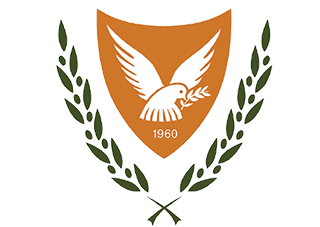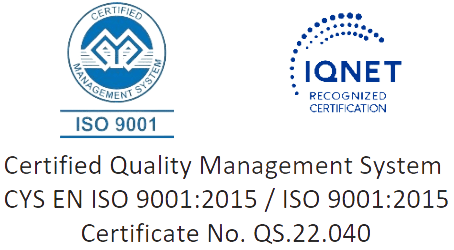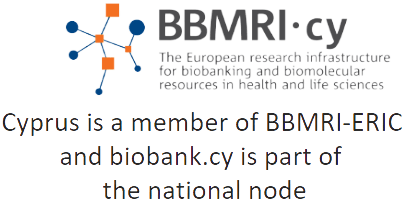ChapERalport
DIDAKTOR (Post-Doctoral Researchers programme)
Preclinical studies of treating Alport Syndrome mouse models with chemical chaperons
This project involves conducting a research study which is headed by a Young Researcher within the framework of the Cyprus Research and Innovation Foundations’ Programme aimed to developing the right conditions for the future integration of young researchers in Cyprus’ Research and Development efforts, in fields of high interest to Cyprus. For the requirements of ChapERalport, the young researcher (YR thereafter) will be involved with cutting-edge biomedical research in the field of nephrology, contributing to the efforts for understanding of the cellular and molecular mechanisms that take place in a kidney disease and furthering the development of new therapeutic interventions.
The Molecular Medicine Research Center (MMRC) which is hosting this work has been conducting kidney related research for the past nearly 30 years, with important contributions. Potentially useful results will be used by the young researcher as the basis of future research projects through the creation of more mouse models with different mutations in order to establish the efficacy of this approach and try to identify the best less toxic drug for therapy, thereby allowing him to continue research in Cyprus in this clinically significant/cutting-edge field.
Issue at hand:
At the moment there is no radical treatment for Alport Syndrome (AS) and thin basement membrane nephropathy (TBMN), which are mostly treated symptomatically by inhibiting the renin angiotensin aldosterone system using angiotensin-converting enzyme (ACE) inhibitors or angiotensin-reception blockers (ARB). Even though this and other approaches have succeeded in delaying the onset of end stage renal disease (ESRD), nearly all AS patients will still end up on dialysis and a need for a kidney transplant, while also a significant percentage of them will develop hearing loss and ocular problems. Until a radical approach is discovered, a combination of available treatments with others beyond renin-angiotensin-aldosterone system (RAAS) blockade that could further delay the age at onset of ESRD, is a desirable and attractive way to go. The use of synthetic chaperones is a sound strategy, based on previous findings of MMRC researchers that showed activation of the unfolded protein response (UPR).
Any treatment preventing or delaying the onset or progression to ESRD is going to be of paramount impact and socio-economic significance. Currently several therapeutic interventions are applied but the prevailing treatment aims at preventing proteinuria with the use of RAAS blockade. The financial burden to the health care systems conferred by AS is enormous, but even higher is the burden conferred by TBMN patients. In addition to medical intervention needed to deal with probable hypertension, proteinuria and chronic kidney disease (CKD) experienced by these patients, note that overall the number of patients reaching ESRD because of TBMN at ages during the 4th-7th decade of life, are many more compared to those reaching ESRD because of the rare classical early onset form of AS.
This grant served as a seed budget for offering proof-of-principle on the use of chaperones as novel therapeutics, in a pre-clinical study of mice we created at MMRC(more info…) . In these mice we recapitulated a common Cypriot mutation that causes Alport syndrome and TBMN.
Mice from each group were treated with two chaperones or vehicle for short or long-term. Mice treated with one of the two chaperones showed a considerable improvement in the morphology and structure of GBM and lesser proteinuria, hematuria and fibrosis compared with control placebo treated mice (Ioannou and Odiatis et al, Manuscript in preparation). Together, these results suggest a therapeutic potential for this specific agent in combating renal dysfunction in AS. These positive effects will encourage and enable similar studies in human patients with high potential impact.








